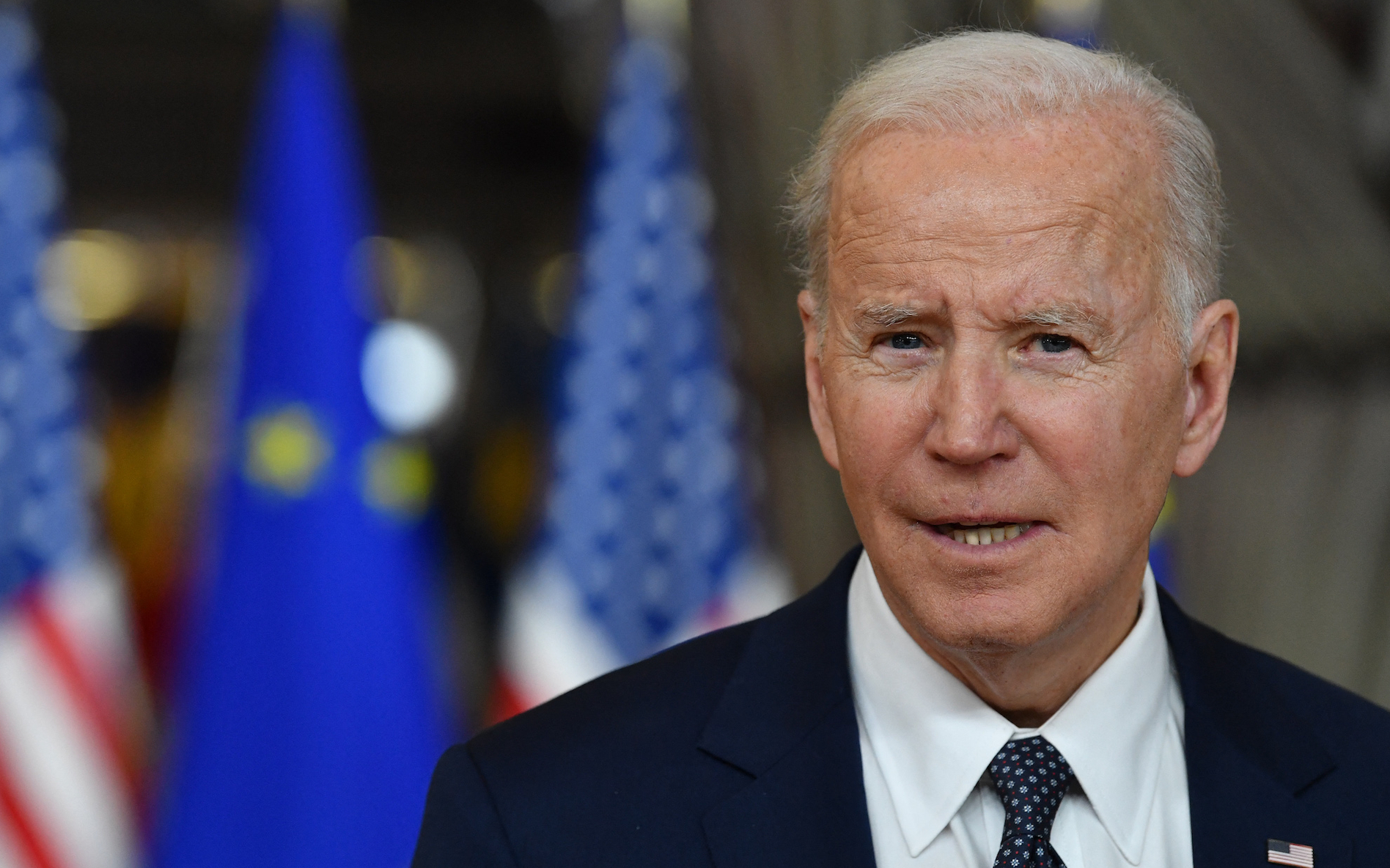
We row hard, we make sacrifices, we speak important words and make promises. Never in the modern history, have we, as the West, rowed so hard, sacrificed so much, nor spoken so many important words and made promises. Never have we announced so many sanctions or helped an attacked country and its people so much as we do now for Ukraine.
But it’s not enough. Vladimir Putin continues murdering, destroying cities, displacing millions of people — many probably forever. And he continues to threaten that he has nuclear, chemical and biological weapons in store.
The war in Ukraine has been going on for a month. And we had spent nearly three months contemplating how to respond to Russia’s brazen threats, which on Feb. 24 became a frightening reality. First, we were not sure why Putin was sending tens of thousands of soldiers to the Ukrainian border. Then we did not know whether we would be able to do anything before these troops overthrew the democratically elected authorities of Ukraine, because there was going to be a blitzkrieg. Now we are hesitating, at least part of the West is, about whether it is enough for us if Putin stops the killing and destruction to consider the matter over. From December to late March — that’s a lot of time. A lot for the West — dictators have a different calendar; they can stretch their criminal plans for decades. For the West, a month of sacrifice for a country that is not part of the West — although Ukraine very much wants to be part of it — is something unusual. We have done better than expected.
But — it’s a kind of refrain — it’s not enough. Every now and then new sanctions are announced, more Russians are blacklisted and more companies withdraw from the Russian market under the pressure of public opinion. But something is not working. The ruble is doing quite well; on Thursday you had to pay less than 100 rubles for a dollar, and in the second week of March, when it was weakest, more than 150. Have the sanctions not started working yet? That’s an optimistic version. Or — pessimistic — there are so many exceptions that sanctions can be circumvented, and the Russians can live with them and calmly prepare for the victory parade on May 9 in Red Square.
Each country of the West should examine its conscience, because probably everyone is defending themselves against a total blow to the Russian economy — defending their own companies, their own labor market. Or defending its relations with the Kremlin; or maybe it’s already thinking about the future, regardless of what the future of Ukraine and the countries closest to it will be like.
“But that’s not enough” — this could be the motto of Joe Biden’s trip to Europe. The U.S. president comes to mobilize the West in its broadest sense — from Canada to almost all of Europe to Japan — to act more decisively, to plug holes in sanctions, to make even greater sacrifices. To close the ranks under the seriously held slogans of freedom and democracy.
Yet that may not be enough. The sanctions to date, even if sealed, and the arms deliveries to the defending Ukrainians that have been promised so far, may not be enough for Ukraine not to lose this war, and for Russia not to be a permanent threat to other countries. For this not to happen, the West must set it as its goal. The West cannot accept the promise of a (temporary) pause in killing and recognize that Russia is once again a great business partner. It must not accept the fact that Russian soldiers will remain forever — they like to stay forever — in the suburbs of Kyiv. And that Russia will cut Ukraine off from the sea for good.
In 2014, after Russia’s aggression against Ukraine, Barack Obama said in Warsaw that the times of empires and spheres of influence were over. But such a speech was not enough, and such words are not enough now. Biden knows that. But is he able to mobilize the West to do something beyond the existing sanctions and military aid provided so far? Something that will stop us from having sleepless nights over Russia for the generations to come?
If the West fails to do it in the nearest future, Putin will appear as if nothing has ever happened at the summit of the leaders of the most important Group of 20 countries in Indonesia this fall. And millions of frightened Ukrainians will watch it on their TV screens in countries that will become their new homeland.

Leave a Reply
You must be logged in to post a comment.